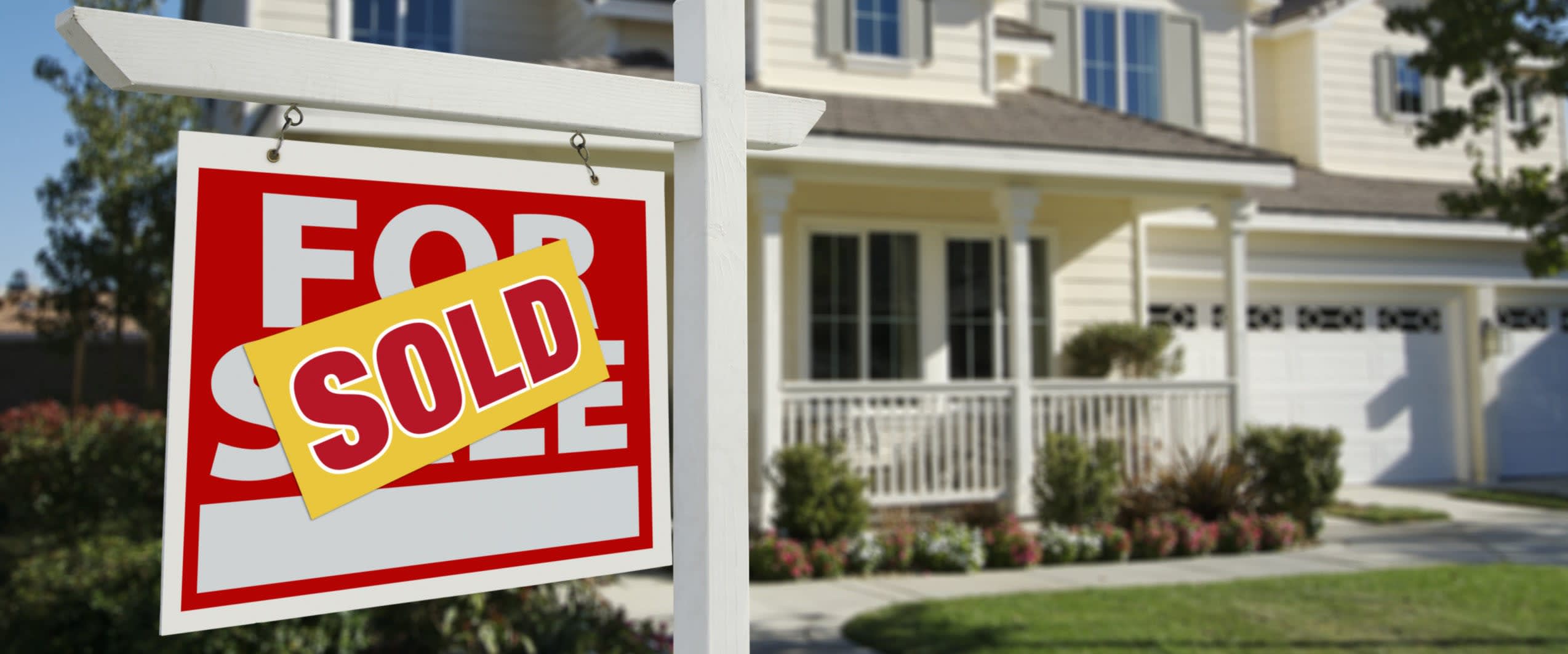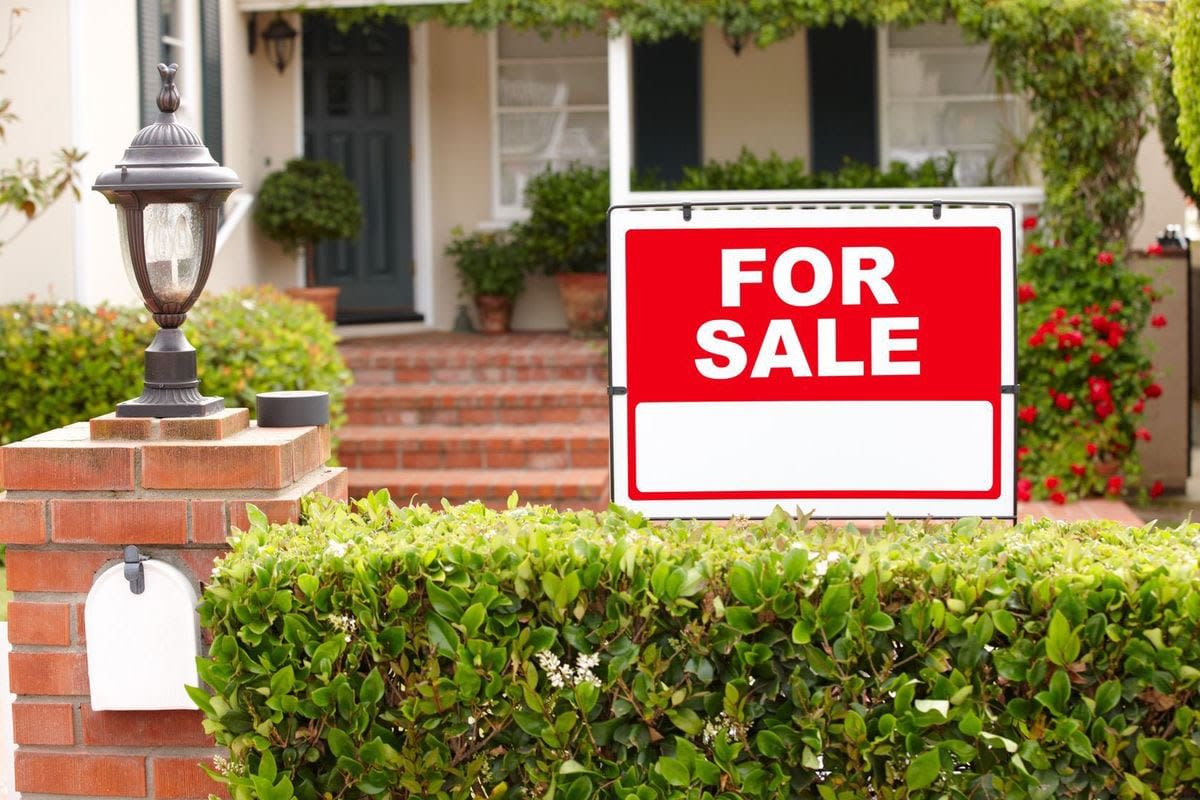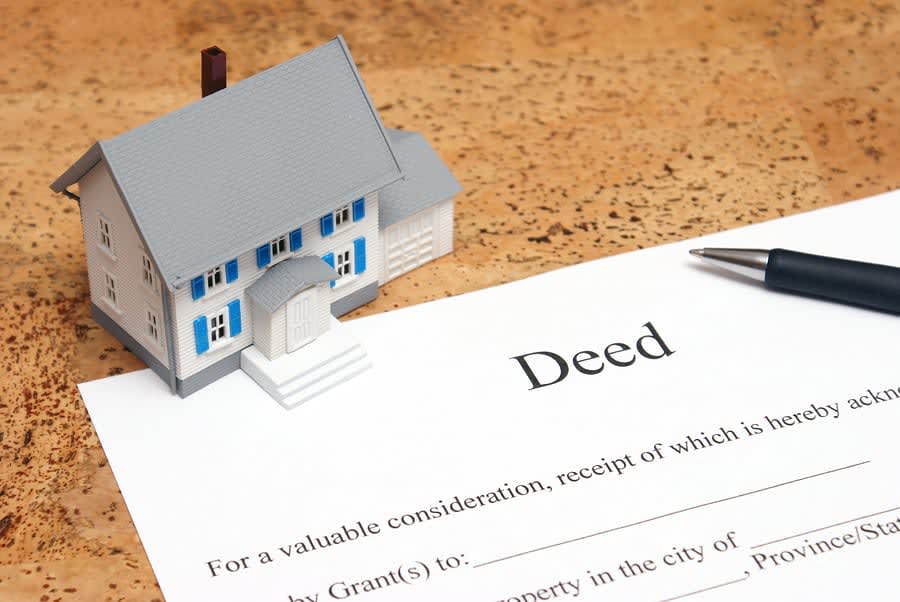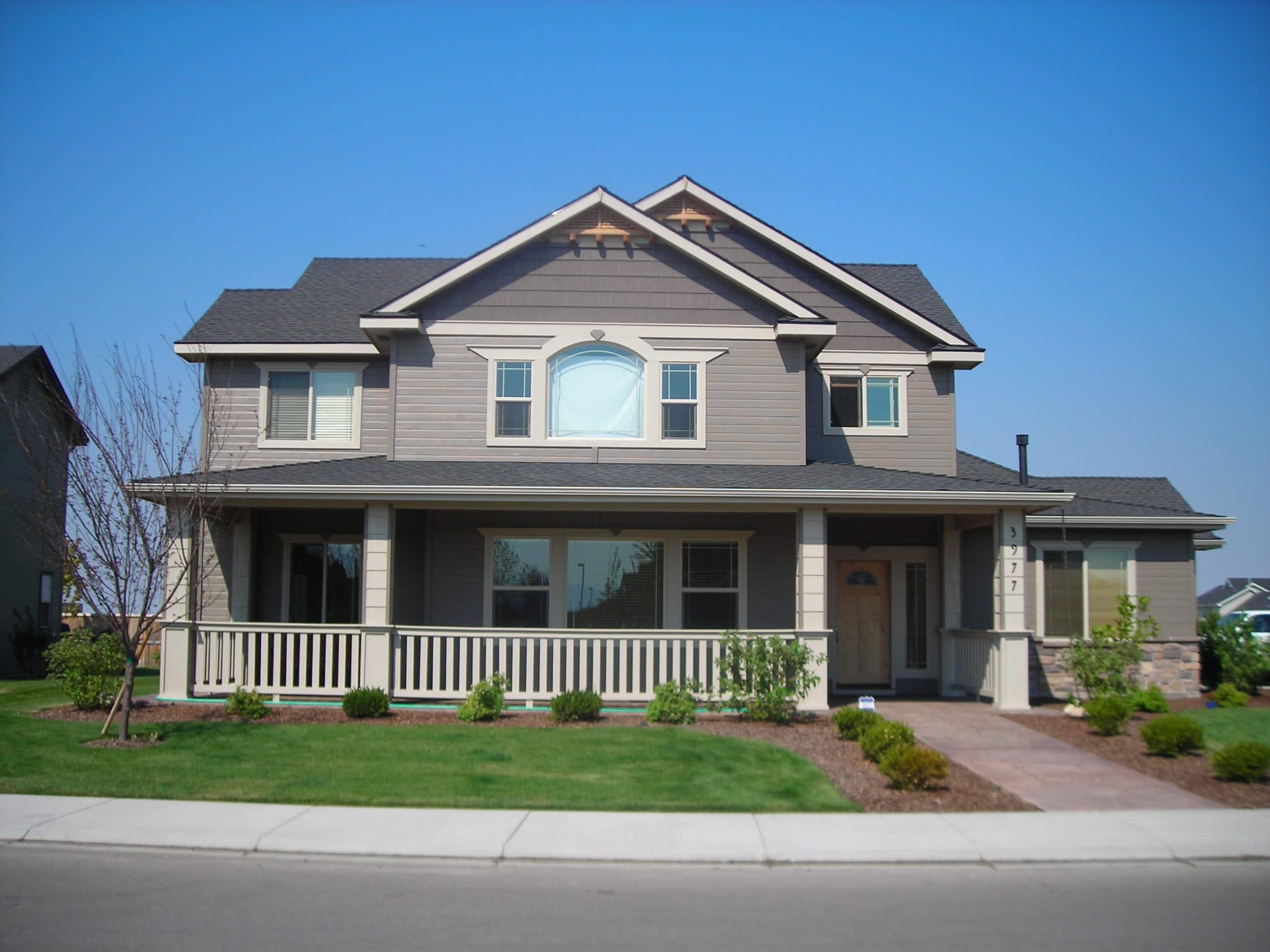
If you’ve ever been to Washington DC, you’ll understand why thousands of people continue to flock there. It’s a beautiful city, with a rich history and all the amenities residents could wish for. And for the first time in over a decade, property in the nation’s capital is selling as fast as it can be listed. Property values are on the rise in Washington, D.C., and don’t show any sign of stopping.
High Demand
The reason for the increase in property values is simple: high demand and short supply. There are more buyers looking for property than homeowners selling. When the demand is high, prices go up. Even homes valued in the millions are selling quickly, a strong indicator of the desirability of the area. Houses and condos that are listed in the region are off the market in an average of 18 days. With property selling so fast, buyers need to be ready to make an offer immediately, and many sellers are enjoying bidding wars, which can drive up their selling price significantly.
New Inventory
With so many buyers looking for a place to call home, new construction and development is expected to increase as well. Developers can sell these new houses and condos at a premium, since many homeowners don’t want to have to deal with renovations and repairs. Buyers in today’s market want their house to be move in ready, looking like the properties they see on T.V. and in magazines. These conditions in the D.C. real estate market are all coming together to create the perfect scene for increased property values.
Washington, D.C., and its surrounding areas, have long been one of the most stable real estate markets in the country. The region continues to enjoy an influx of residents, and the rising property values reflect the high demand for housing, with no signs of slowing!

Pricing your home can be difficult. To figure out how much your house is worth before you list it, there are several things you can do. Here are our tips to calculate your asking price.
Search for Comparable Homes
House value are determined by the price similar properties recently sold for. Some real estate websites, such as Trulia, Zillow, and Realtor.com, make this information easy to find. Start with a search of your part of town or zip code and keep track of the price homes like yours sold for. Make sure the houses you check are comparable, meaning they have the same number of bedrooms, bathrooms, and are close in square footage and lot size. These sites do not always have the most accurate information so make sure to check other sources as well.
Call the Tax Assessment Office
The tax assessment office in your town or city will have records of what comparable homes recently sold for in your neighborhood or town. Using these records will give you a second set of numbers that are more reliable than what you may find online. Using both figures together, you can come up with a better estimate of the value of your home.
Get in Touch with a Realtor
Realtors are the market experts and will be able to help you price your home. They can either do it for you, or help you identify the key items to look or in your search and estimation. They’ll also be able to give you information on how the market is in your area. When there are more buyers than houses available, the price of listed homes will increase and vice versa. A realtor will know what to expect and help you set your price right.
If you’re ready to list your home for sale in the Maryland location, Virginia location, Baltimore location, or Washington DC location, or are just curious about how much it may be worth, you can make an informed estimate with just a little effort and time.

You might be thinking I want to “sell my house fast” and buy a new one. If this is true, knowledge of any easements on the property is critical. An easement is a sharing of land. It gives the right to a particular person or group to utilize the land. When trying to sell your house fast, an easement can be problematic as it may affect resale value.
An easement dictates legal usage of the property by an outsider. That person or group cannot be stopped from using the space in specific legally designated ways. Easements occur in the following forms:
The Right of Passage – This easement entitles a person to cross through a property that is not owned by them. For example, if a person owns a house near the beach and the only possible way to the beach is on the property, the owner has to allow the people to access the beach via its property. The second example can be a neighbor that may not have access to any other road, which leads to the main road rather than the property of the owner.
The Right to Utility Maintenance– This easement entitles utility organizations to use property for laying power cables and/or reaching out to neighboring places for maintenance work.
The Right to Historic Lands – This easement involves individuals whose property is located in the same district as a historic property. The owner needs to abide by the rules of the historic property. The rules can be related to the coloring of the property or can also be related to structural changes that cannot be made to the property. Read about historical easements in Maryland.
Recreational Easement – The easement pertains to the usage of land which has not been developed. The government can allow public use of such land for recreational activities such as fishing, hiking, biking, etc.
Easements are listed on the property deed. For property you own, you should check the deed for easements before listing the property before you “sell my house fast”. When buying a house, always ask your realtor about easements. At 8 Day Home Sale, we buy houses for cash and have been doing so for years. As such, we always work with home owners to find and understand existing easements on their property.

If you are looking to sell your house fast for cash in Maryland and move, you will need to decide whether you want to buy a new house build or a previously occupied house. Here are some pros and cons:
Arguably the best part of buying a new home is the fact you are starting with a clean slate. No one has put their personal stamp on the home, and it really is a blank canvas for you to paint and enjoy. The home will reflect your personality and taste in no time. If you are buying before it is finished, you also have the opportunity to customize everything.
With a new build there is no waiting around for anyone else to finish dealings (e.g. title and loan issues) with their property so proceedings can move a lot faster. This can be countered however by any building works that take longer than expected.
A con with new builds is resale value. Often times comps haven’t been established so resale value is somewhat unknown.
Most new build are now fitted with new products and finishings. New products especially appliances are safer, last longer, and are more energy efficient.
Most new build properties come with warranties for around 10 years. This is something unique to new builds and really does remove the potential headache that comes with the uncertainty of buying an older property.
The neighborhood is also something you can get more knowledge of in an older property. There is more information available about the standard of the surrounding area. Sometimes with new builds you are not sure on the reputation of the area for years. Schools in the area are often new so it can take time to find out how well they perform also.
The biggest con for new builds is price. New houses cost much more than older ones. Also, closing costs can be substantially higher.
Hopefully this information helps you make the best decision. If you need to sell your house fast for cash, let 8 Day Home Sale help.




